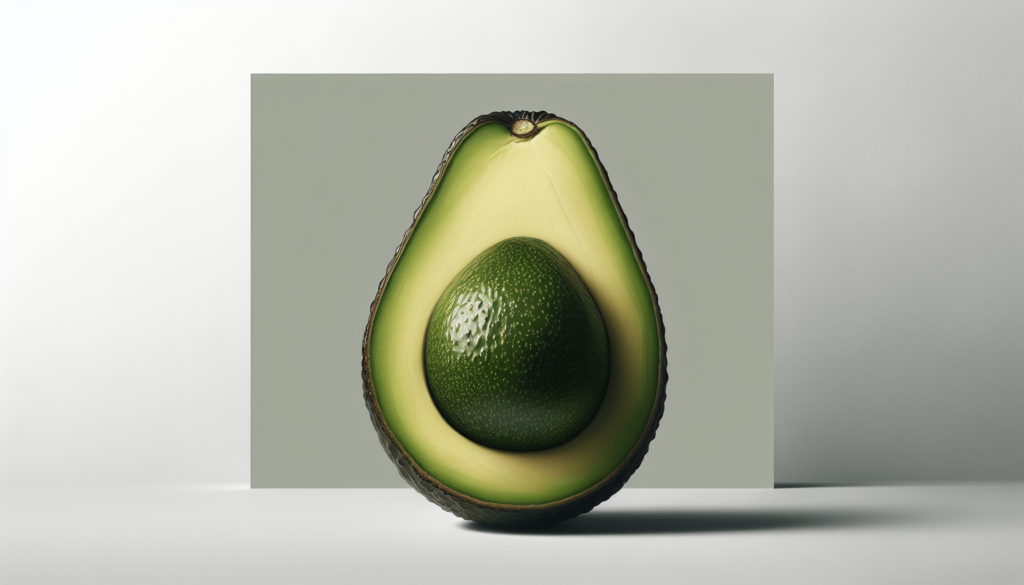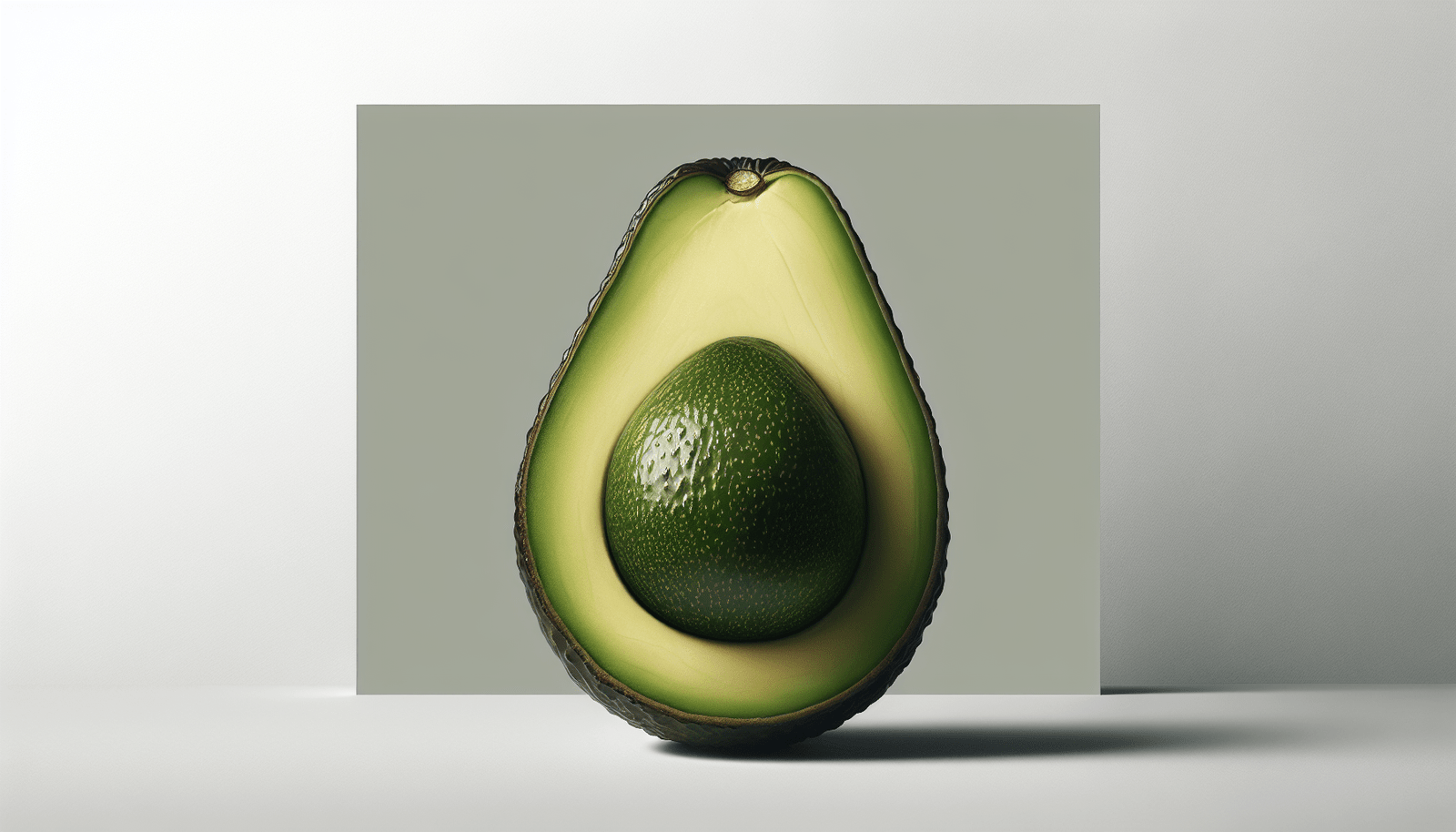Are you struggling with changing your mindset about food while following a keto diet? In this article, we will explore effective strategies to shift your perspective and start seeing food as fuel for your body. By understanding the importance of nourishing your body with the right nutrients and adopting mindful eating habits, you can develop a positive relationship with food and achieve your health goals on the keto diet. Say goodbye to restrictive thoughts and embrace a new mindset that will help you thrive on your keto journey.

Understanding the Keto Diet
What is the Keto Diet?
The Keto Diet, short for ketogenic diet, is a low-carbohydrate, high-fat diet that has gained popularity for its potential to promote weight loss and improve overall health. It involves drastically reducing your intake of carbohydrates and replacing them with fats. By doing so, your body enters a metabolic state called ketosis, where it begins to burn fat for fuel instead of glucose.
How does it work?
The main principle behind the Keto Diet is to limit your intake of carbohydrates, typically to about 20-50 grams per day. This reduction in carbs forces your body to rely on fat for energy, leading to increased fat burning and weight loss. When carbohydrates are restricted, the liver begins to produce ketones from fat stores, which are then used as a source of energy.
Benefits of the Keto Diet
The Keto Diet offers several potential benefits beyond weight loss. Research suggests that it may help improve insulin sensitivity, reduce inflammation, and even provide therapeutic benefits for certain medical conditions like epilepsy and diabetes. Additionally, many individuals on the Keto Diet report experiencing increased energy levels, improved mental clarity, and reduced cravings for sugary foods.
Changing Your Mindset
Recognize food as fuel
To change your mindset, it’s important to start viewing food as fuel for your body. Instead of thinking of it solely as a source of pleasure or comfort, try to appreciate the nourishment it provides. When you shift your perspective, you can begin to make choices that support your overall health and well-being.
Understand the purpose of eating
Eating is not just about satisfying hunger; it serves a vital purpose in fueling and nourishing your body. By understanding the purpose of eating, you can develop a healthier relationship with food. Recognize that every meal is an opportunity to supply your body with the nutrients it needs to function optimally.
Focus on nutrient density
When following the Keto Diet, it’s essential to prioritize nutrient-dense foods. These are foods that are rich in vitamins, minerals, and other beneficial compounds. By focusing on nutrient density, you can ensure that your body is receiving the essential nutrients it needs while adhering to the macronutrient ratios of the Keto Diet.
Tips for Viewing Food as Fuel
Educate yourself about macronutrients
To view food as fuel on the Keto Diet, it’s important to have a good understanding of macronutrients. Macronutrients refer to the three major nutrients your body needs: carbohydrates, fats, and proteins. By learning about their functions and how they affect your body, you can make informed choices that align with your ketogenic goals.
Plan and prepare your meals in advance
One effective strategy for seeing food as fuel is to plan and prepare your meals in advance. This allows you to have control over the ingredients and ensure that your meals are well-balanced and meet your nutritional needs. By taking the time to plan ahead, you can make healthier choices and avoid impulsively reaching for unhealthy options.
Track your food intake and macros
Tracking your food intake and macronutrients can help you stay accountable and ensure that you are fueling your body properly. There are various apps and online tools available that can make tracking easier. By keeping a record of your food choices, you can identify any areas where you may need to make adjustments and stay on track with your keto journey.
Mindful Eating on the Keto Diet
Practice mindful eating
Mindful eating involves paying attention to the present moment while eating, including your food choices, the sensory experience, and your body’s hunger and fullness cues. By practicing mindful eating on the Keto Diet, you can develop a greater awareness of how different foods affect your body and make more intentional choices that support your overall well-being.
Listen to your body’s hunger and fullness cues
Incorporating mindful eating also means listening to your body’s hunger and fullness cues. Eat when you’re truly hungry and stop when you feel comfortably full. By tuning in to your body’s signals, you can avoid overeating and develop a healthier relationship with food.
Slow down and savor your meals
In today’s fast-paced world, we often rush through meals, barely noticing what we’re eating. By slowing down and savoring your meals, you can fully enjoy the flavors and textures of the food while being present in the moment. This practice not only enhances your dining experience but also allows you to appreciate the nourishment you’re providing your body.

Breaking Emotional Connections with Food
Identify emotional eating triggers
Emotional eating refers to using food as a way to cope with emotions rather than to satisfy physical hunger. To break free from emotional connections with food, it’s important to identify your triggers. Take note of situations or emotions that lead you to reach for food, and try to find healthier alternatives to address those feelings.
Find alternative coping mechanisms
Once you’ve identified your emotional eating triggers, seek out alternative coping mechanisms to replace turning to food. Engage in activities that bring you joy, such as exercising, practicing mindfulness or meditation, engaging in hobbies, or spending time with loved ones. By finding healthier ways to manage your emotions, you can begin to break free from the emotional attachment to food.
Seek support from a therapist or counselor
If emotional eating is a significant challenge for you, consider seeking support from a therapist or counselor. They can help you work through the underlying emotional issues that may be driving your relationship with food. By addressing these issues, you can develop healthier coping mechanisms and cultivate a positive relationship with food.
Developing a Healthy Relationship with Food
Shift your focus from restriction to nourishment
Instead of viewing the Keto Diet as a restrictive eating plan, shift your focus to nourishing your body. Embrace the idea that you are choosing to fuel your body with the nutrients it needs to thrive. By reframing the way you think about the Keto Diet, you can create a more positive relationship with food and cultivate a sustainable way of eating.
Enjoy a variety of foods within the keto guidelines
Contrary to popular belief, the Keto Diet offers a wide range of food options that can be enjoyed. Make an effort to incorporate a variety of foods within the keto guidelines to ensure you’re getting a diverse array of nutrients. Explore different recipes and experiment with new ingredients to keep your meals exciting and enjoyable.
Give yourself permission to indulge in moderation
While the Keto Diet emphasizes low-carb and high-fat foods, it’s important to give yourself permission to indulge occasionally. Allowing yourself small indulgences in moderation can help prevent feelings of deprivation, making it easier to stick to the diet in the long run. Just be mindful of portion sizes and choose higher-quality indulgences that align with your dietary needs.
Creating a Positive Food Environment
Stock your kitchen with healthy keto-friendly options
To create a positive food environment, start by stocking your kitchen with healthy keto-friendly options. This ensures that you have nutritious choices readily available and reduces the temptation to reach for unhealthy alternatives. Consider stocking up on fresh vegetables, lean proteins, healthy fats, and keto-approved snacks.
Avoid keeping trigger foods in the house
If certain foods trigger overeating or derail your keto progress, it’s best to avoid keeping them in your house altogether. By removing these trigger foods from your immediate environment, you eliminate the temptation and create a more supportive space for your ketogenic lifestyle.
Surround yourself with support and like-minded individuals
Building a support system can greatly impact your mindset towards food and your success on the Keto Diet. Surround yourself with supportive friends, family members, or join online communities with like-minded individuals. Sharing your journey, tips, and struggles with others who understand can provide encouragement and help keep you motivated.
Finding Motivation and Accountability
Set clear goals and reminders
Setting clear goals is vital for staying motivated on the Keto Diet. Define what you want to achieve and break it down into smaller, achievable milestones. Write down your goals and place reminders in visible locations, such as on your fridge or bathroom mirror, to help keep your focus on track.
Find an accountability partner or join a keto community
Having an accountability partner or joining a keto community can provide the support and encouragement you need to stay motivated. Find someone who shares similar goals or interests and commit to checking in regularly. Alternatively, join online communities or forums where you can interact with others on the Keto Diet, exchanging tips, recipes, and experiences.
Celebrate your progress and small victories
Don’t forget to celebrate your progress and small victories along the way. Whether it’s reaching a weight loss milestone, sticking to your meal plan for a week, or trying a new keto recipe, acknowledge and reward yourself for your achievements. This positive reinforcement can help you stay motivated and foster a sense of accomplishment.
Overcoming Challenges and Setbacks
Prepare for keto flu and other temporary side effects
When starting the Keto Diet, you may experience temporary side effects such as the “keto flu,” which includes symptoms like fatigue, headaches, and dizziness. To overcome these challenges, ensure you’re staying hydrated, replenishing electrolytes, and getting enough rest. Recognize that these symptoms are often part of the initial adjustment period and will subside as your body adapts to ketosis.
Navigate social situations and dining out
Social situations and dining out can present challenges while following the Keto Diet. To navigate these situations successfully, plan ahead by researching keto-friendly options at restaurants or offer to bring a dish that aligns with your dietary needs. Communicate your dietary restrictions with friends and family, and don’t be afraid to ask for support and understanding.
Learn from setbacks and use them as learning opportunities
Setbacks are a normal part of any journey, including the Keto Diet. Instead of viewing setbacks as failures, embrace them as learning opportunities. Reflect on what may have triggered the setback and identify strategies to prevent similar situations in the future. Remember that setbacks are temporary and that every day is a new opportunity to get back on track.
Celebrate Non-Food Achievements
Rewire your brain to associate achievements with non-food rewards
Breaking the habit of associating achievements with food rewards is essential for developing a healthy relationship with food. Instead of using food as a reward, consider non-food rewards that align with your goals and sense of well-being. Treat yourself to a massage, purchase a new fitness gadget, or indulge in a spa day to celebrate your non-food achievements.
Reward yourself with self-care activities or new keto-related items
Self-care is a crucial aspect of maintaining a healthy relationship with food and yourself. Reward yourself with self-care activities that bring you joy, such as taking a relaxing bath, reading a book, or practicing mindfulness. Alternatively, consider treating yourself to new keto-related items, such as a cookbook specializing in ketogenic recipes or workout gear that supports your fitness goals.
Track and celebrate non-scale victories
While weight loss is often a primary goal on the Keto Diet, it’s essential to recognize and celebrate non-scale victories. These victories can include improved energy levels, increased mental clarity, improved sleep, or clothing fitting differently. Track these non-scale victories and regularly acknowledge and celebrate them to stay motivated and encouraged on your keto journey.
By understanding the Keto Diet, changing your mindset, practicing mindful eating, breaking emotional connections with food, and developing a healthy relationship with food, you can unlock the potential of the Keto Diet and achieve your goals. Remember, it’s not just about what you eat but also how you perceive and interact with food that matters. With the right mindset and strategies in place, you can embrace the Keto Diet as a nourishing lifestyle that supports your overall well-being.

